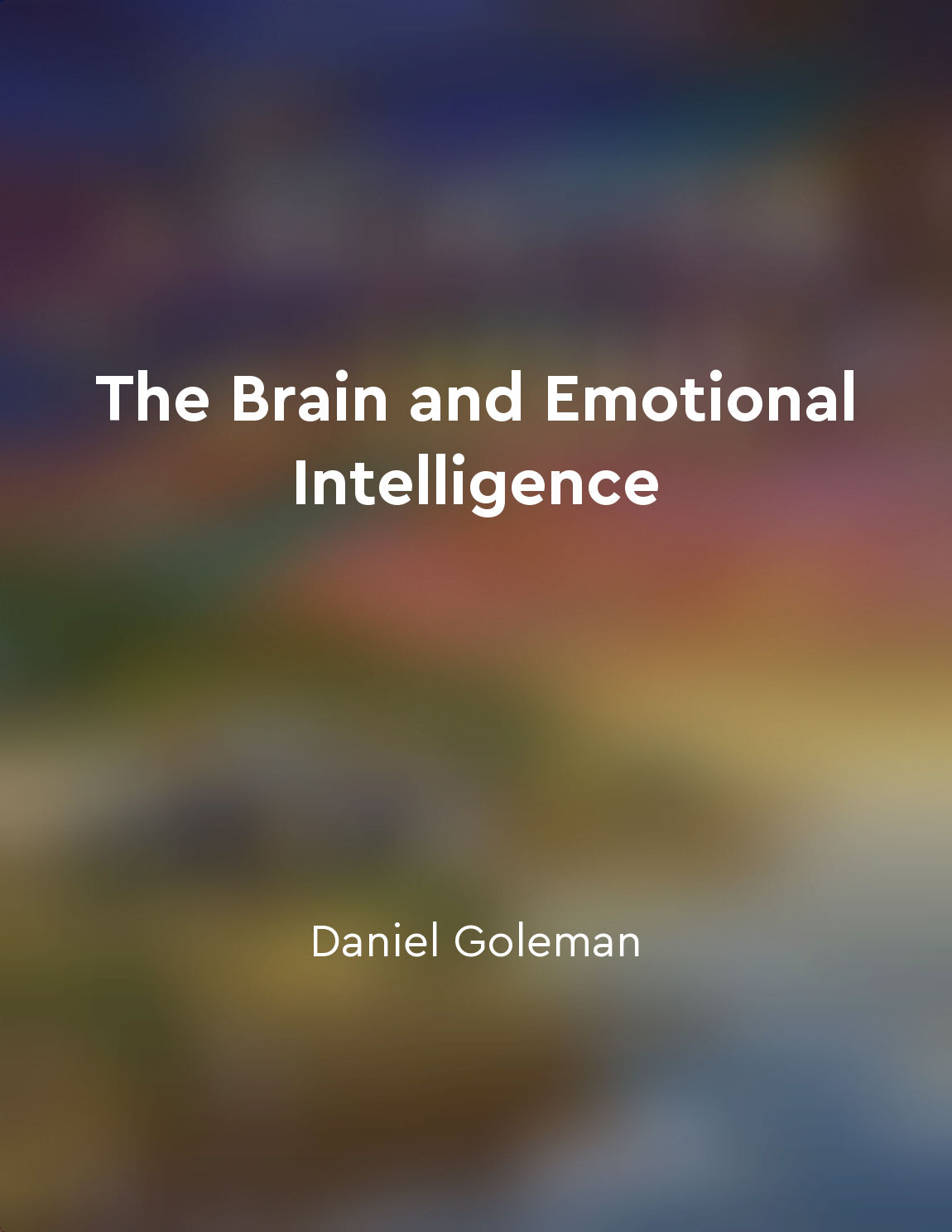Audio available in app
Stress affects focus from "summary" of Your Brain at Work by David Rock
When stress levels are high, our ability to focus is significantly compromised. This is because stress triggers the release of cortisol, a hormone that can interfere with the functioning of the prefrontal cortex, the part of the brain responsible for executive functions such as decision-making, problem-solving, and focus. When cortisol levels are elevated, the prefrontal cortex becomes less efficient at processing information, making it harder for us to concentrate on the task at hand. In addition, stress can also activate the amygdala, the brain's fear center, which further impairs our ability to focus by diverting our attention to perceived threats and away from our goals. Furthermore, chronic stress can lead to structural changes in the brain, particularly in the hippocampus, which plays a crucial role in memory and learning. When the hippocampus is compromised, our ability to retain information and stay focused is severely impacted. To make matters worse, the amygdala has a stronger influence on the brain than the prefrontal cortex, especially in times of stress. This means that our attention is more likely to be hijacked by negative emotions and distractions when we are under pressure, making it even harder to maintain focus on our tasks.- It is important to cultivate practices that promote relaxation and reduce cortisol levels, such as mindfulness meditation, deep breathing exercises, and regular physical activity. By managing stress effectively, we can enhance our ability to concentrate, make better decisions, and ultimately perform at our best.
Similar Posts
Listening to your body's hunger and fullness signals is crucial
It's important to learn to trust your body's signals when it comes to hunger and fullness. Your body knows best when it needs f...

Selfawareness is the foundation of emotional intelligence
Self-awareness is the keystone of emotional intelligence. It is the ability to recognize our own emotions as they happen – in r...
Techniques like yoga and mindfulness can help in trauma recovery
Yoga and mindfulness are powerful tools that can be used in the process of trauma recovery. By engaging in these practices, ind...

Intermittent fasting supports hormone reset
Intermittent fasting is a powerful tool that can help reset your hormones. By taking breaks from eating, you give your body the...

Physical exercise and proper nutrition benefit memory function
Physical exercise and proper nutrition play a crucial role in enhancing memory function. Engaging in regular physical exercise ...
Developing emotional resilience can improve quality of life
The ability to bounce back from difficult experiences is a crucial skill that can greatly impact one's quality of life. Emotion...
Mental illnesses can significantly impact behavior
Mental illnesses can significantly impact behavior. Consider schizophrenia, a disorder characterized by hallucinations, delusio...

Embracing imperfection and learning from setbacks
Embracing imperfection is not about settling for less or giving up on improvement. It is acknowledging that we are all flawed, ...
Empathy enhances relationship satisfaction
Empathy is a powerful tool in building and maintaining satisfying relationships. When partners are able to truly understand and...
Build a support network to reduce stress
One effective way to manage stress is to cultivate a support network. This network can consist of friends, family members, coll...


